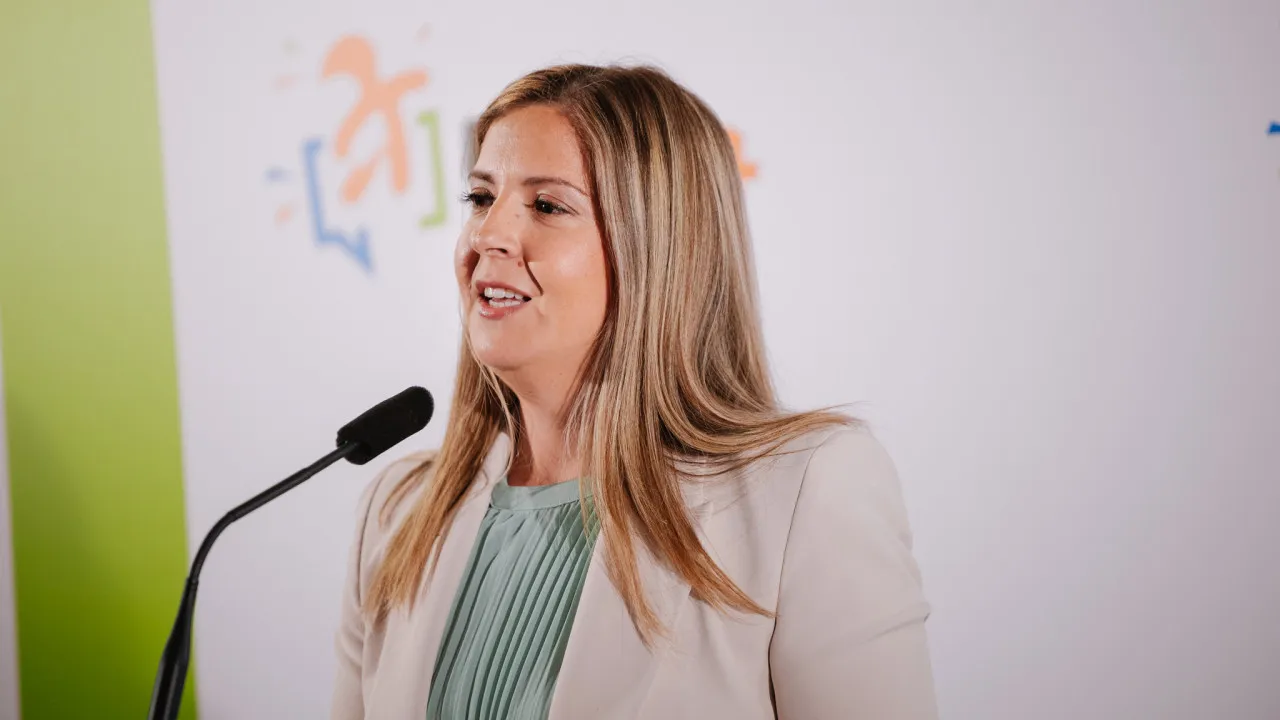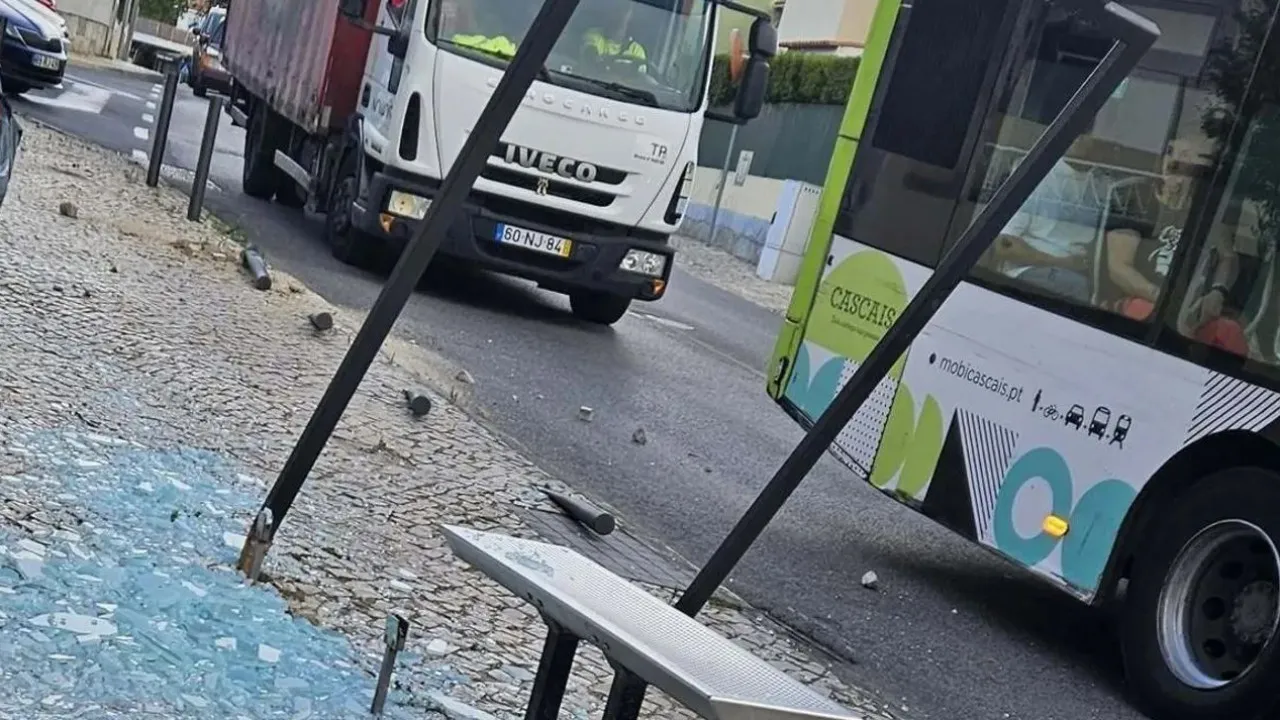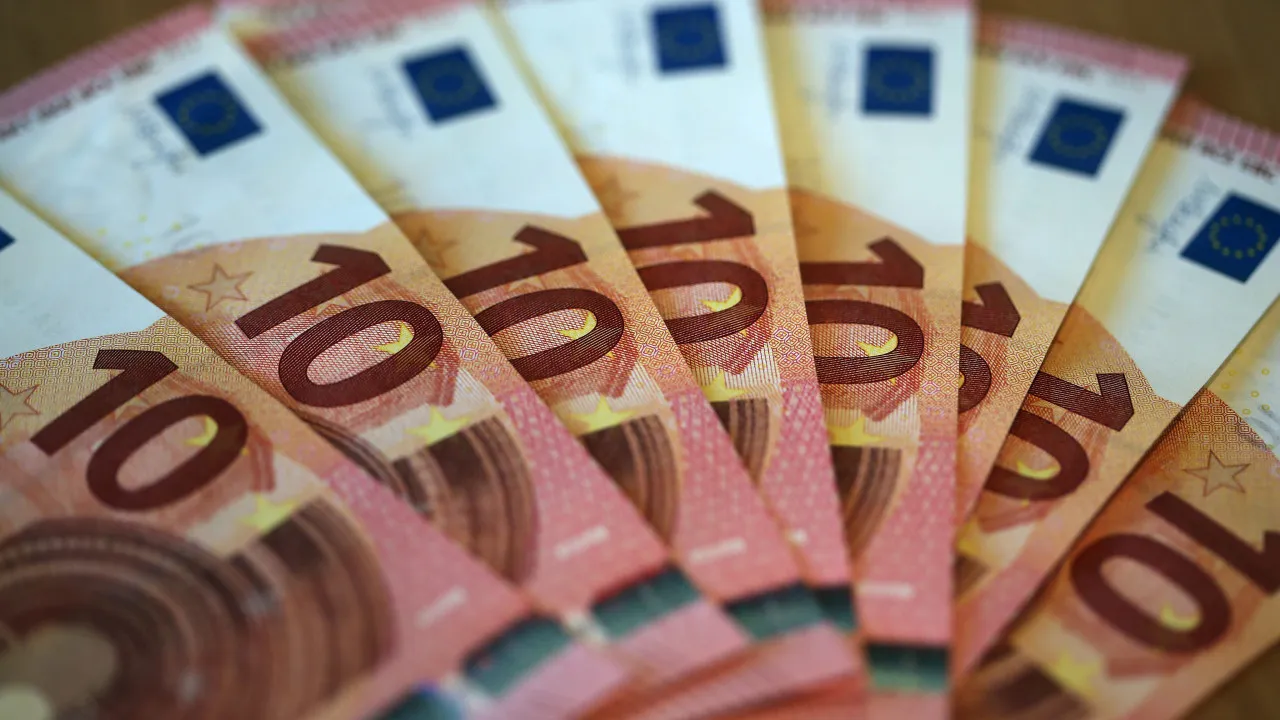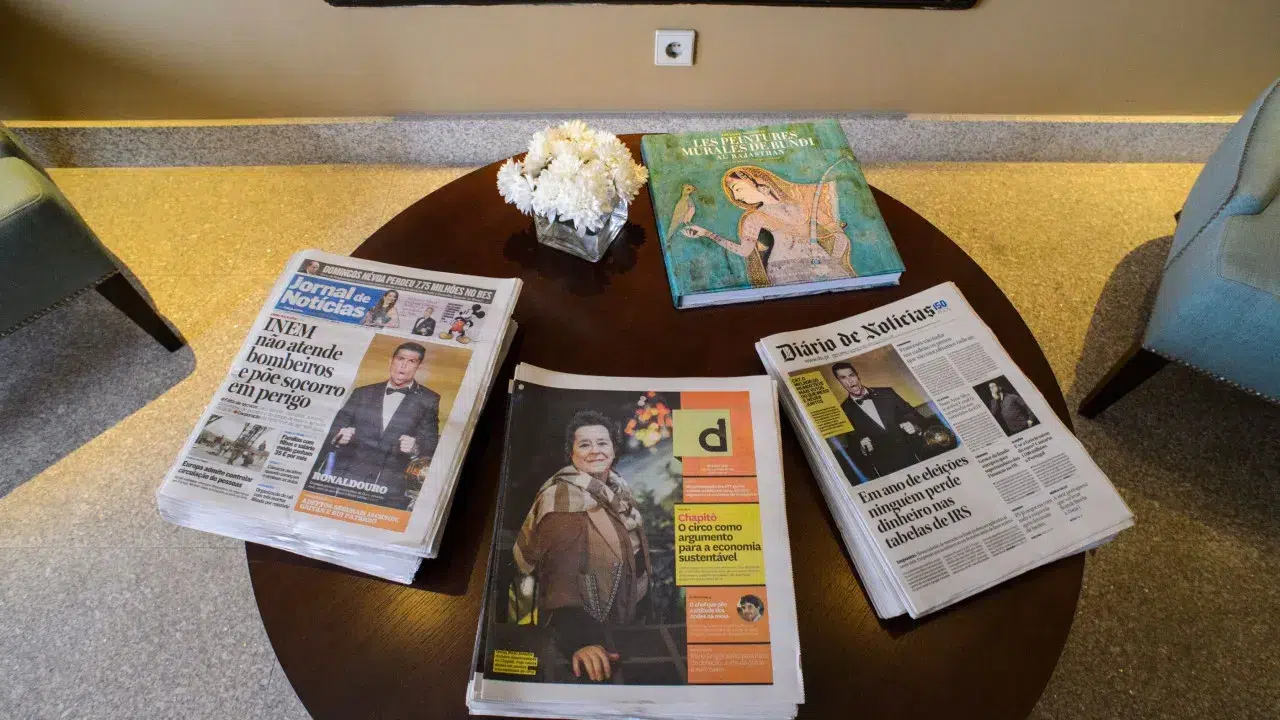
A statement was issued following a meeting of the Minister of Culture, Youth, and Sports, Margarida Balseiro Lopes, with around twenty private patrons, subsequent to consultations with entities connected to the cultural sector.
“As outlined in the Government Program, revising the Cultural Patronage Regime is a priority. To strengthen the importance of this contribution from civil society, the Executive aims to make it simpler and more agile,” the statement noted after the meeting, which took place this afternoon at the Ajuda National Palace.
Recognizing that “the current regime is very bureaucratic, as it involves multiple entities in recognizing the cultural interest of projects,” Margarida Balseiro Lopes highlighted three objectives for the new regime: more simplification, greater equity, and greater objectivity.
“The role of the State involves reinforcing the Culture budget, as well as removing obstacles that impede greater private participation in the cultural sector,” the minister noted at the meeting, as cited in the statement, also indicating that “the Government commits to presenting a proposal to revise the Cultural Patronage Regime by the end of this year.”
According to the Program of the XXV Constitutional Government presented in the Assembly of the Republic in June, in addition to budgetary reinforcements, the Executive committed in the document to creating “an attractive legal regime for cultural patronage.”
In this regard, plans include “strengthening the financing and support for cultural institutions that develop audience creation projects, cultural mediation, and educational services,” as well as “increasing the financial and administrative autonomy of cultural institutions, with more freedom to define programs, strategies, and investments.”
Similarly, the stimulus of “private investment in culture, with incentives for the creation of networks, partnerships, and patronage”; and the review of “the support regime for regional orchestras” are anticipated.
This year’s cultural budget program had a total consolidated expenditure allocation of 597.3 million euros, with main goals in areas such as arts education in schools, patronage, and heritage.




